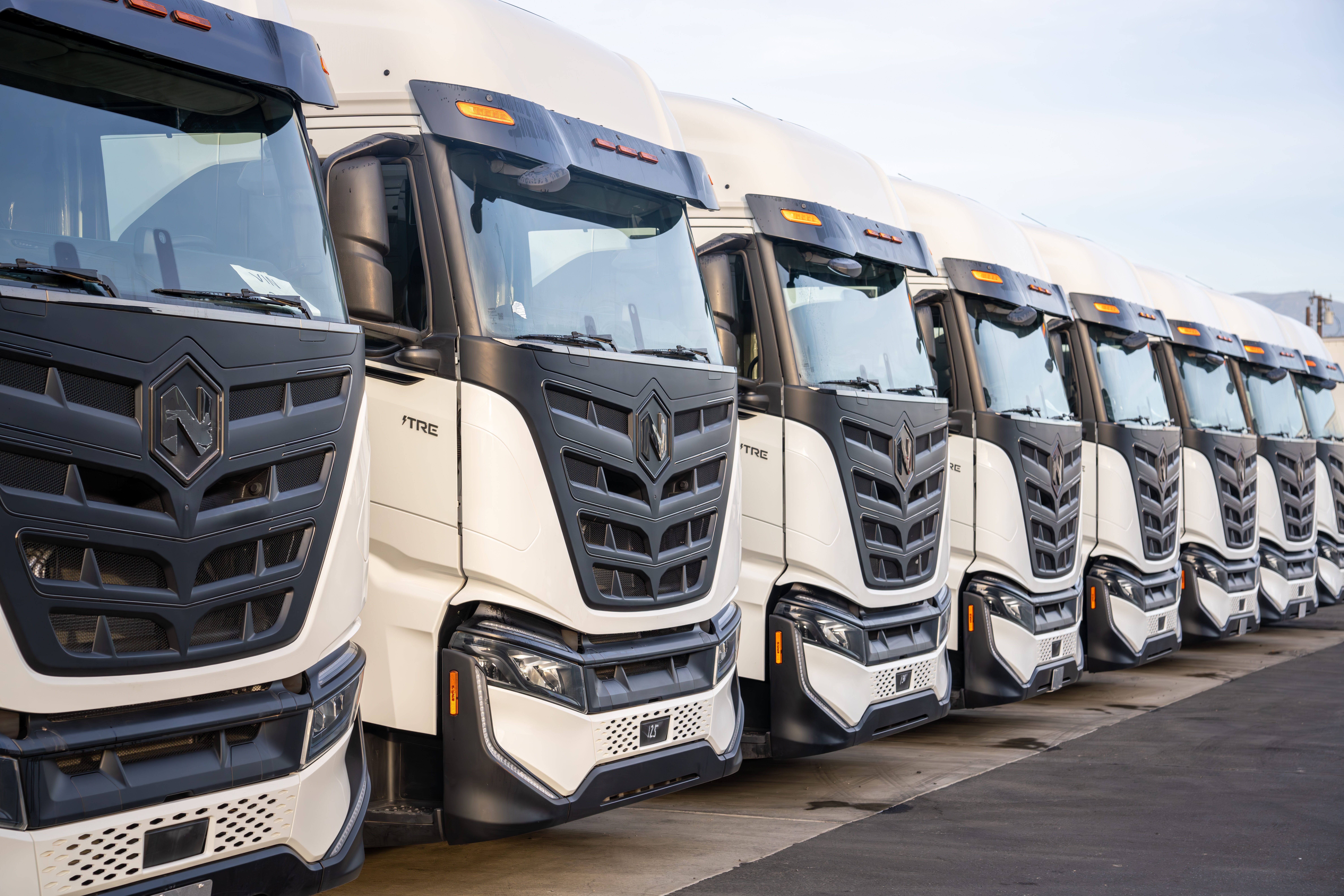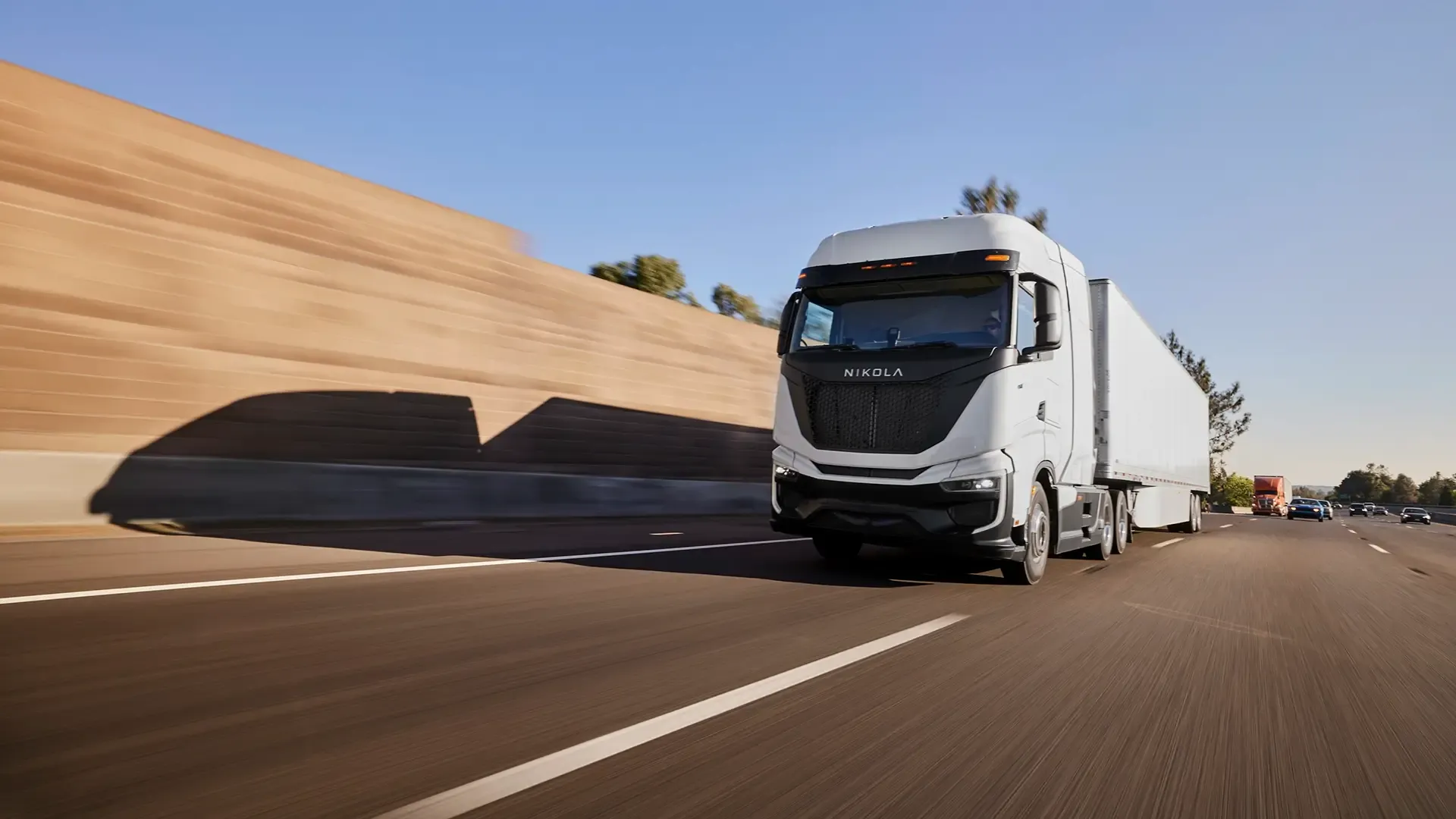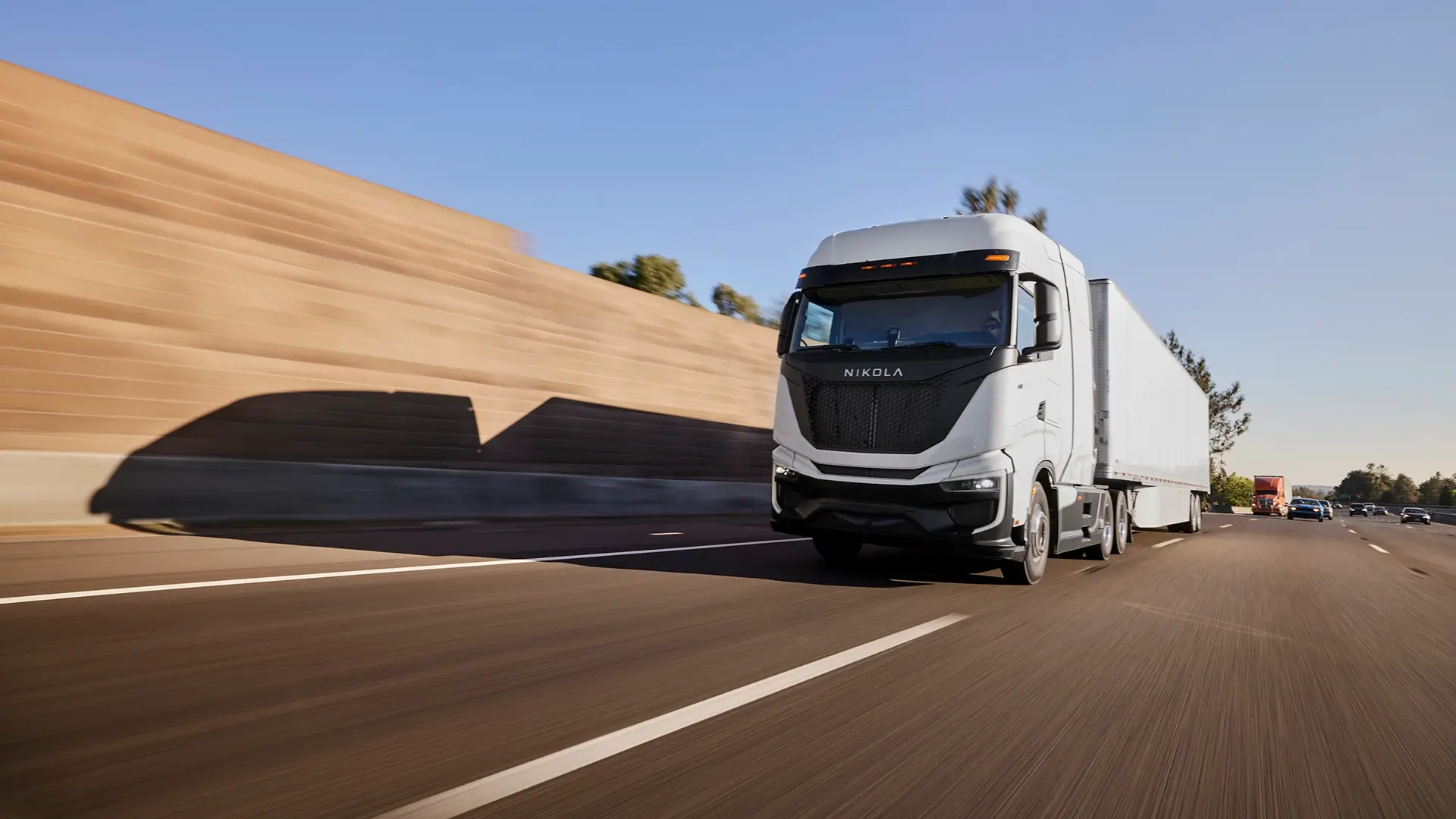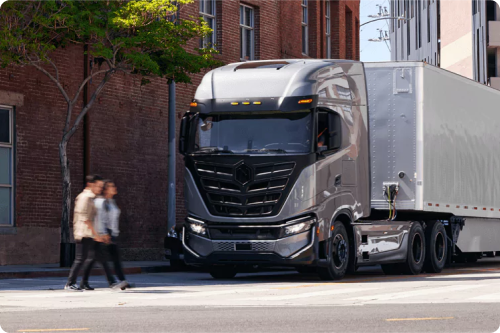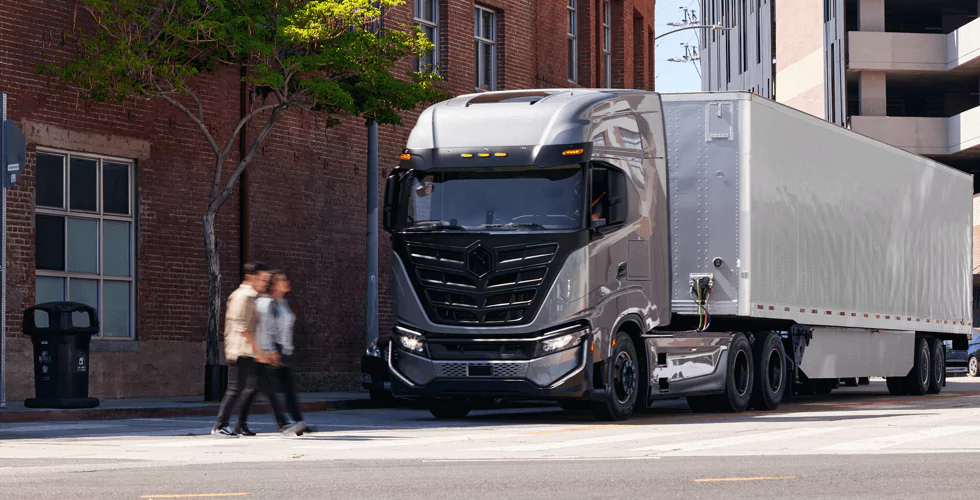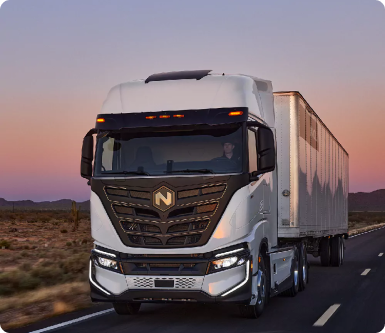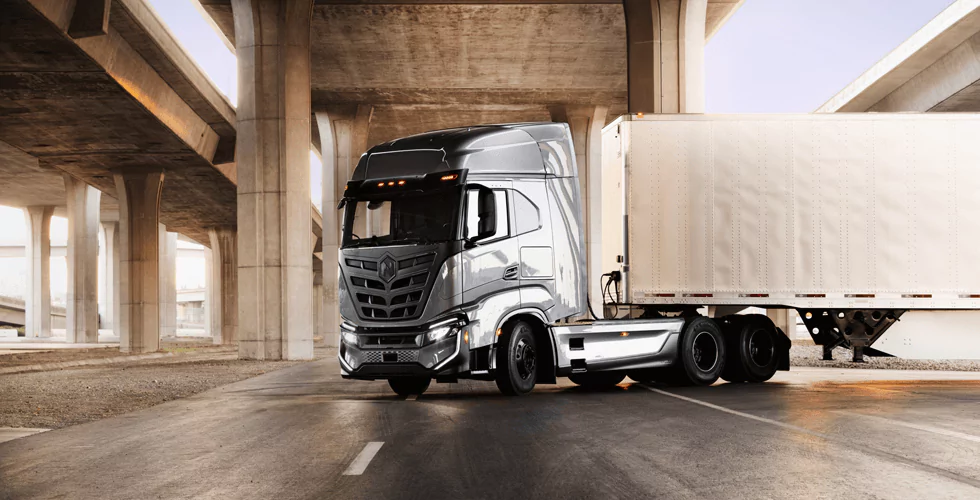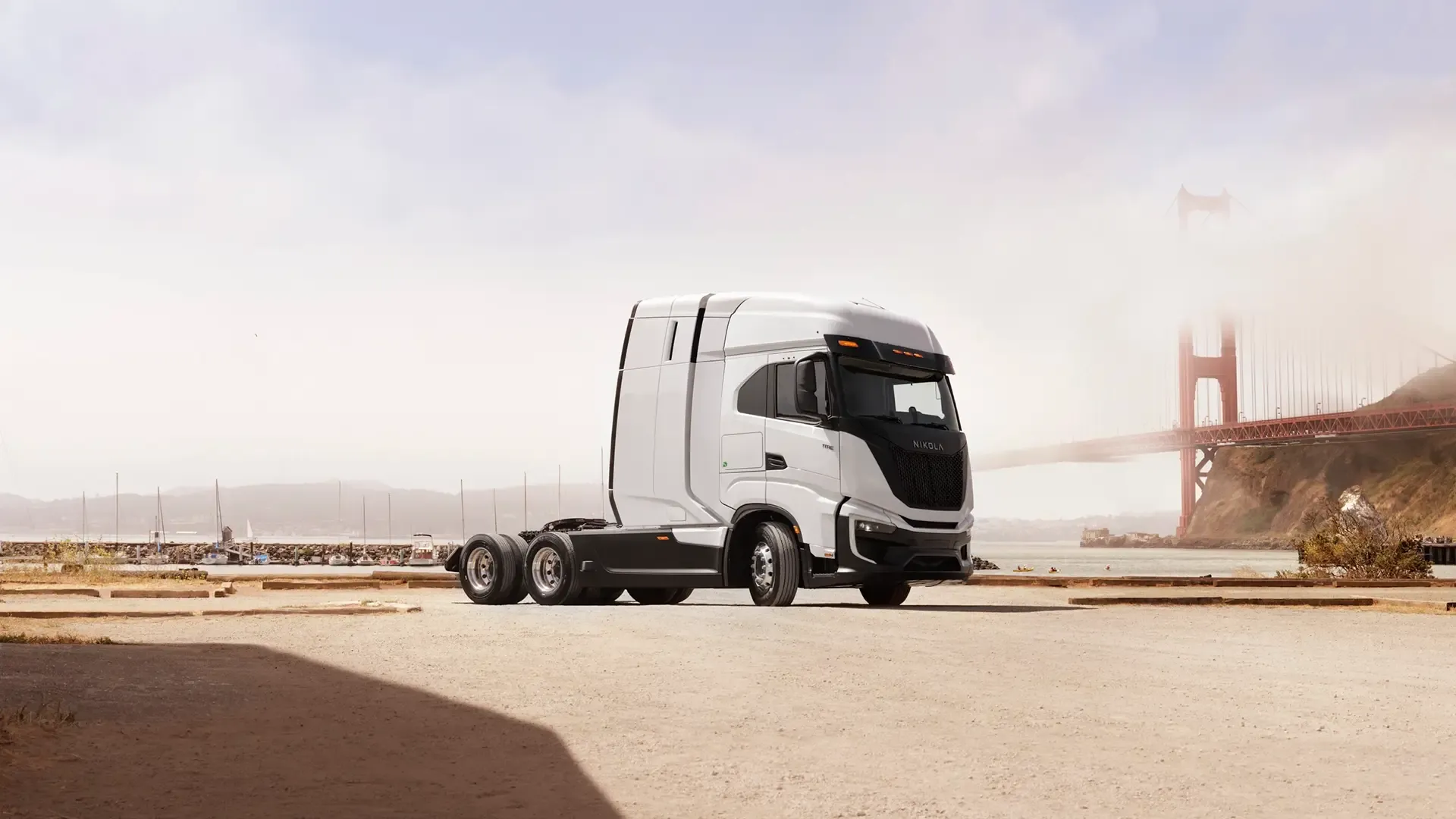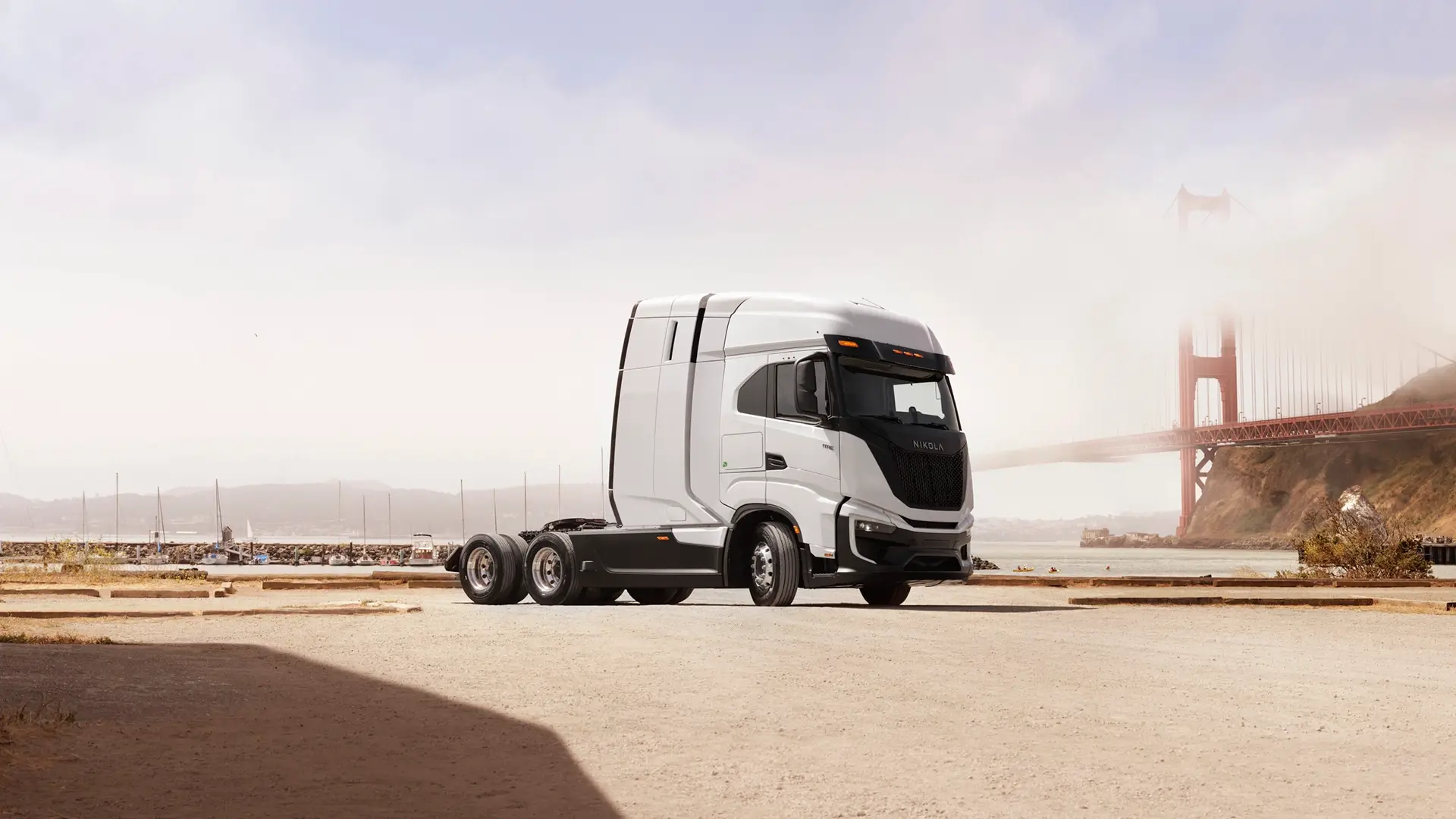NEWS FEED
NEWS FEED
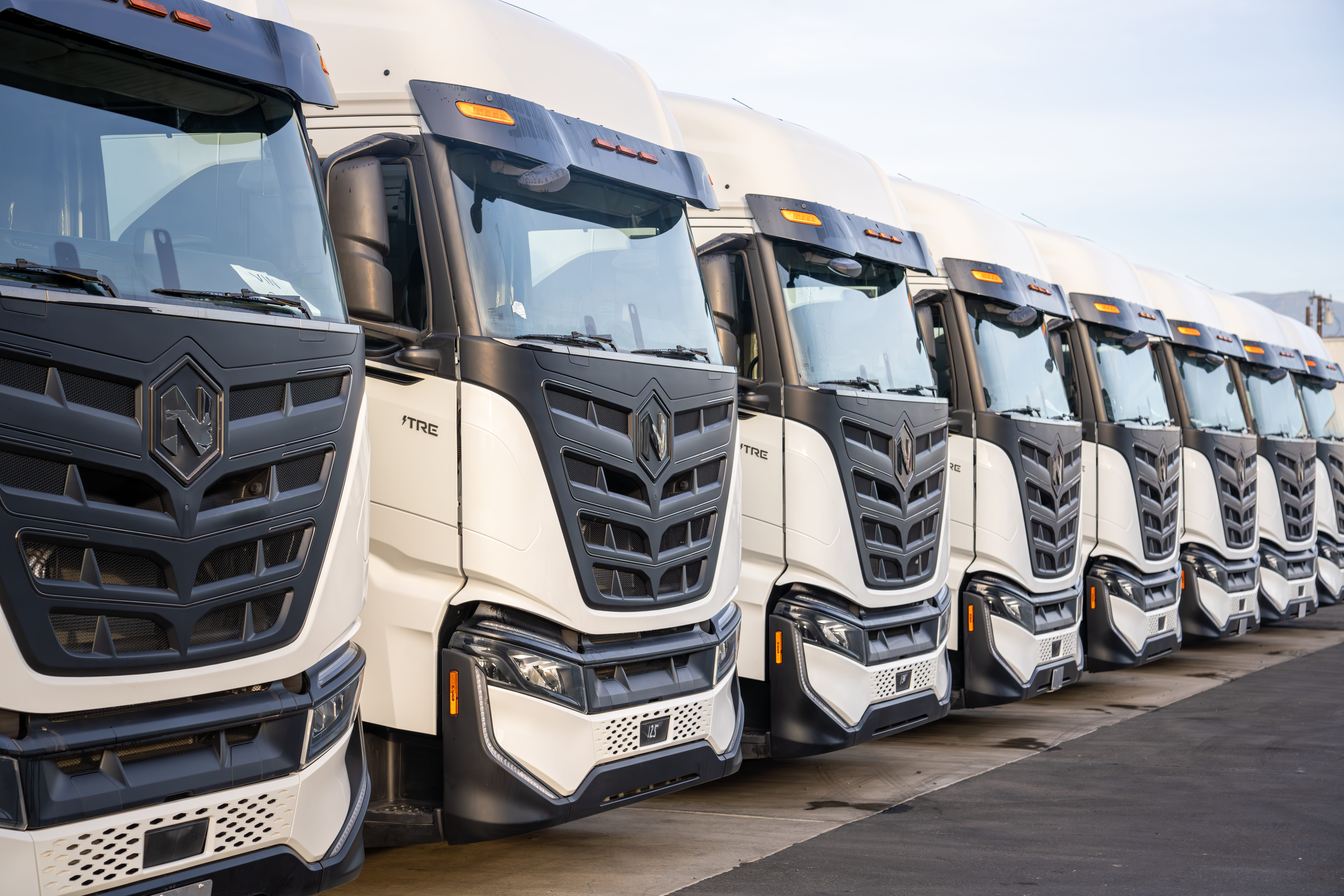
WATTEV PURCHASES 22 NIKOLA BATTERY-ELECTRIC CLASS 8 TRUCKS THROUGH NEXT GENERATION TRUCKS
- WattEV purchased 22 additional Nikola Battery-Electric Class 8 Trucks (BEVs)
- These BEVs were acquired through Nikola’s new dealer, Next Generation Trucks
- This transaction marks a milestone in the collaboration between Nikola, Next Generation Trucks, and WattEV as 2024 concludes
FONTANA, CALIFORNIA – December 31, 2024 – Next Generation Trucks Inc, proudly announces the sale of 22 Nikola Battery-Electric Class 8 trucks to WattEV, a Long Beach-based provider of heavy-duty truck charging infrastructure and electric Trucks-as-a-Service (TaaS). GTS Group joined the Nikola dealer network in October 2024.
These 22 BEVs build on WattEV’s prior purchase of 14 BEVs in 2023, underscoring the company’s commitment to expanding its zero-emission fleet. The additional trucks will enable WattEV to meet growing end-user demand and further advance zero-emissions transportation in California. WattEV is actively developing high-capacity public charging depots tailored for commercial BEVs while also providing electric trucks through its TaaS model to support shippers and fleet operators in meeting California’s stringent emissions regulations.
“As a new Nikola dealer, it’s essential for us to support trailblazers like WattEV as they drive the transition to zero-emissions,” said Amir Delvarani, CEO of Next Generation Trucks. “Together with Nikola and Next Generation Trucks, we are committed to fostering a cleaner future for the trucking industry through our growing partnerships.”
Next Generation Trucks, located at 14578 Valley Boulevard in Fontana, California, offers both Nikola Class 8 truck models—battery-electric and hydrogen fuel cell electric—and assists customers in obtaining local, state, and federal incentives.
“WattEV is proud to continue its long-standing relationship with Nikola with the addition of these 22 BEVs to our fleet,” said Umar Javed, Co-founder and President of WattEV. “As we approach the end of 2024, we remain steadfast in our mission to expand our zero-emissions fleet and drive sustainable transformation in the trucking industry.”
“Nikola dealers are the backbone of our business,” said Nikola President and CEO Steve Girsky. “We’re excited to strengthen our collaboration with long-standing customer WattEV through our new dealership, Next Generation Trucks. Together, we are reinforcing our shared commitment to advancing zero-emission transportation in California as we close out 2024.”
ABOUT GTS GROUP
At GTS Group, we are known for leasing the most popular semi-trucks in the industry. Our family-owned company ITM Equipment produces one of the most popular Solar APU Systems in America. Our clients are quickly able to lease a fleet of the most innovative semi-trucks in the industry. Our clients are often repeat customers as we take initiative in satisfying the needs of our clients to the best of our ability. We work with proven top-notch dealers, suppliers and vendors to offer our clients a wide assortment of vehicles to choose from. Choose GTS so you can pay more attention to servicing your customers and growing your business while getting the best semi-trucks of the year.
Please contact us at www.gtstrucks.com or +1 (888) 328-3898, or via Facebook at @gtsleasingofficial, Instagram at @gtstrucks, or LinkedIn @gts-trucks.
ABOUT WATTEV:
WattEV’s mission is to accelerate the transition of U.S. trucking transport to zero emissions. Through a combination of business and technology innovations, WattEV creates charging infrastructure and data-driven workflows, providing truckers and fleet operators with the lowest total cost of ownership. WattEV’s goal is to get 12,000 heavy-duty electric trucks on California roads by the end of 2030, exceeding existing forecasts. More information is available online at WattEV.com.
ABOUT NIKOLA CORPORATION:
Nikola Corporation’s mission is clear: pioneering solutions for a zero-emissions world. As an integrated truck and energy company, Nikola is transforming commercial transportation, with our Class 8 vehicles, including battery-electric and hydrogen fuel cell electric trucks, and our energy brand, HYLA, driving the advancement of the complete hydrogen refueling ecosystem, covering supply, distribution and dispensing.
Nikola headquarters is based in Phoenix, Arizona with a manufacturing facility in Coolidge, Arizona.
Experience our journey to achieve your sustainability goals at nikolamotor.com or engage with us on social media via Facebook @nikolamotorcompany, Instagram @nikolamotorcompany, YouTube @nikolamotorcompany, LinkedIn @nikolamotorcompany or Twitter @nikolamotor.
